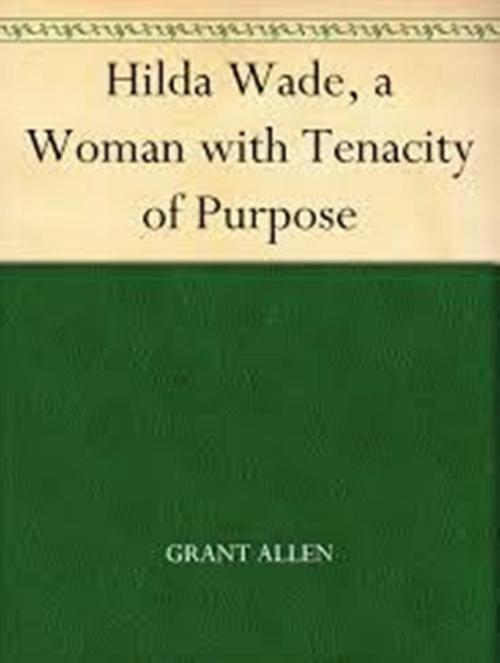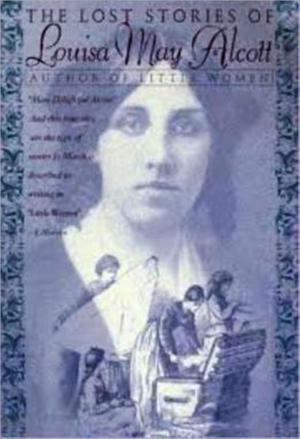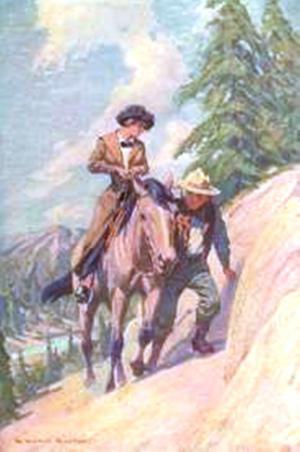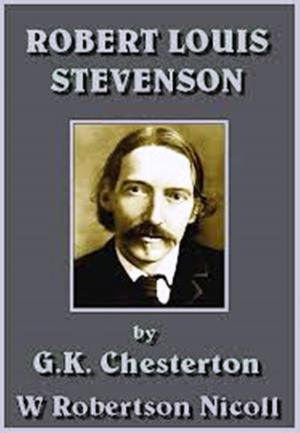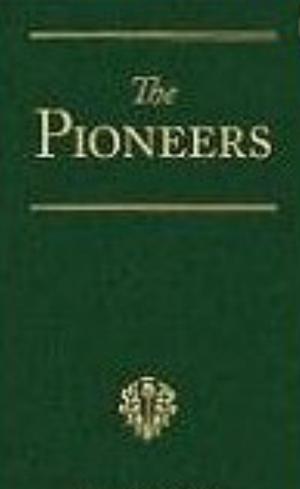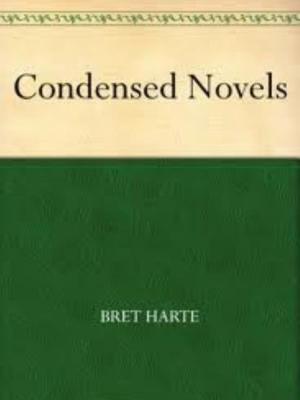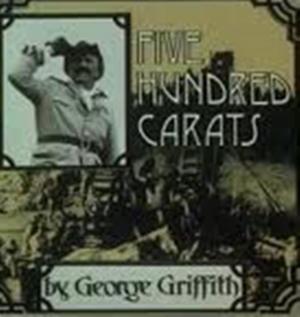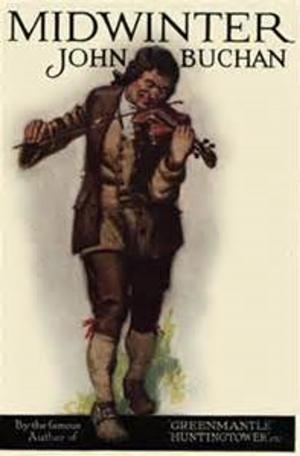| Author: | Grant Allen | ISBN: | 1230000139680 |
| Publisher: | WDS Publishing | Publication: | June 6, 2013 |
| Imprint: | Language: | English |
| Author: | Grant Allen |
| ISBN: | 1230000139680 |
| Publisher: | WDS Publishing |
| Publication: | June 6, 2013 |
| Imprint: | |
| Language: | English |
Hilda Wade's gift was so unique, so extraordinary, that I must illustrate it, I think, before I attempt to describe it. But first let me say a word of explanation about the Master.
I have never met anyone who impressed me so much with a sense of GREATNESS as Professor Sebastian. And this was not due to his scientific eminence alone: the man's strength and keenness struck me quite as forcibly as his vast attainments. When he first came to St. Nathaniel's Hospital, an eager, fiery-eyed physiologist, well past the prime of life, and began to preach with all the electric force of his vivid personality that the one thing on earth worth a young man's doing was to work in his laboratory, attend his lectures, study disease, and be a scientific doctor, dozens of us were infected by his contagious enthusiasm. He proclaimed the gospel of germs; and the germ of his own zeal flew abroad in the hospital: it ran through the wards as if it were typhoid fever. Within a few months, half the students were converted from lukewarm observers of medical routine into flaming apostles of the new methods.
The greatest authority in Europe on comparative anatomy, now that Huxley was taken from us, he had devoted his later days to the pursuit of medicine proper, to which he brought a mind stored with luminous analogies from the lower animals. His very appearance held one. Tall, thin, erect, with an ascetic profile not unlike Cardinal Manning's, he represented that abstract form of asceticism which consists in absolute self-sacrifice to a mental ideas, not that which consists in religious abnegation. Three years of travel in Africa had tanned his skin for life. His long white hair, straight and silvery as it fell, just curled in one wave-like inward sweep where it turned and rested on the stooping shoulders. His pale face was clean-shaven, save for a thin and wiry grizzled moustache, which cast into stronger relief the deep-set, hawk-like eyes and the acute, intense, intellectual features. In some respects, his countenance reminded me often of Dr. Martineau's: in others it recalled the knife-like edge, unturnable, of his great predecessor, Professor Owen. Wherever he went, men turned to stare at him. In Paris, they took him for the head of the English Socialists; in Russia, they declared he was a Nihilist emissary. And they were not far wrong—in essence; for Sebastian's stern, sharp face was above all things the face of a man absorbed and engrossed by one overpowering pursuit in life—the sacred thirst of knowledge, which had swallowed up his entire nature.
Hilda Wade's gift was so unique, so extraordinary, that I must illustrate it, I think, before I attempt to describe it. But first let me say a word of explanation about the Master.
I have never met anyone who impressed me so much with a sense of GREATNESS as Professor Sebastian. And this was not due to his scientific eminence alone: the man's strength and keenness struck me quite as forcibly as his vast attainments. When he first came to St. Nathaniel's Hospital, an eager, fiery-eyed physiologist, well past the prime of life, and began to preach with all the electric force of his vivid personality that the one thing on earth worth a young man's doing was to work in his laboratory, attend his lectures, study disease, and be a scientific doctor, dozens of us were infected by his contagious enthusiasm. He proclaimed the gospel of germs; and the germ of his own zeal flew abroad in the hospital: it ran through the wards as if it were typhoid fever. Within a few months, half the students were converted from lukewarm observers of medical routine into flaming apostles of the new methods.
The greatest authority in Europe on comparative anatomy, now that Huxley was taken from us, he had devoted his later days to the pursuit of medicine proper, to which he brought a mind stored with luminous analogies from the lower animals. His very appearance held one. Tall, thin, erect, with an ascetic profile not unlike Cardinal Manning's, he represented that abstract form of asceticism which consists in absolute self-sacrifice to a mental ideas, not that which consists in religious abnegation. Three years of travel in Africa had tanned his skin for life. His long white hair, straight and silvery as it fell, just curled in one wave-like inward sweep where it turned and rested on the stooping shoulders. His pale face was clean-shaven, save for a thin and wiry grizzled moustache, which cast into stronger relief the deep-set, hawk-like eyes and the acute, intense, intellectual features. In some respects, his countenance reminded me often of Dr. Martineau's: in others it recalled the knife-like edge, unturnable, of his great predecessor, Professor Owen. Wherever he went, men turned to stare at him. In Paris, they took him for the head of the English Socialists; in Russia, they declared he was a Nihilist emissary. And they were not far wrong—in essence; for Sebastian's stern, sharp face was above all things the face of a man absorbed and engrossed by one overpowering pursuit in life—the sacred thirst of knowledge, which had swallowed up his entire nature.
